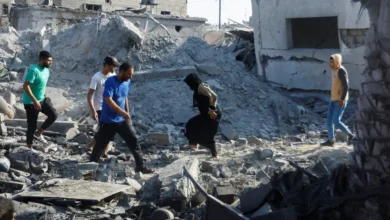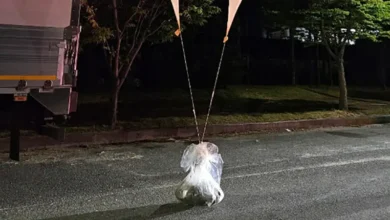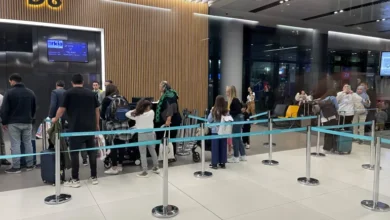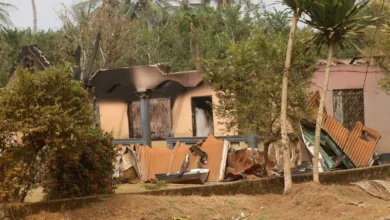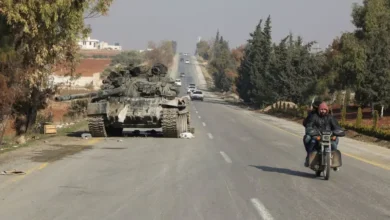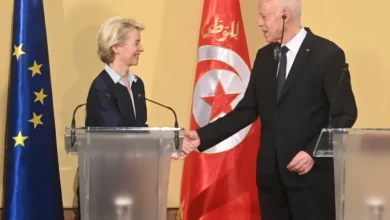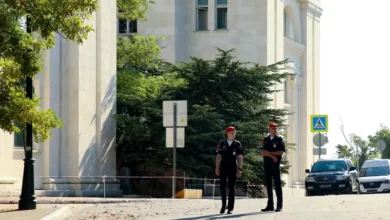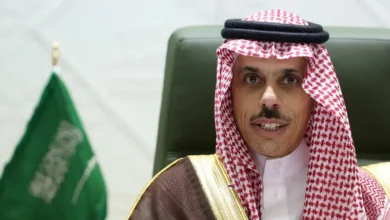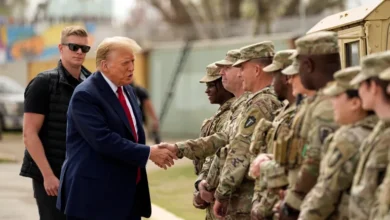Iran agreed to stop arming Yemen’s Houthis as part of deal with Saudi Arabia: Report
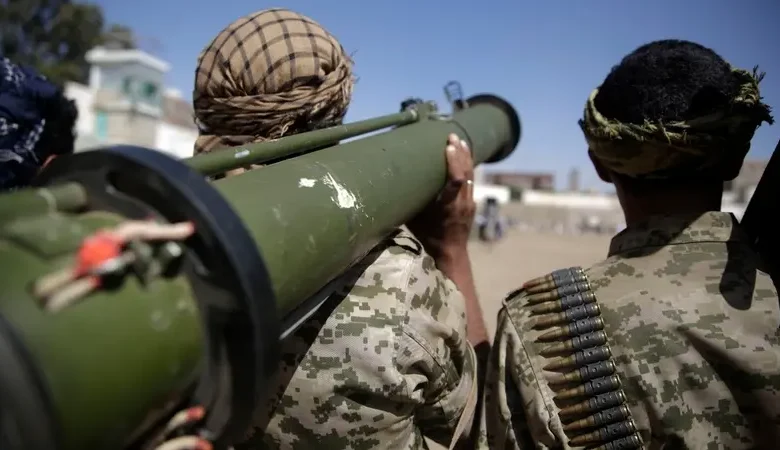
Iran has agreed to stop sending weapons shipments to the Houthis in Yemen as part of the China-brokered normalization agreement with Saudi Arabia, the Wall Street Journal reported on Thursday citing US and Saudi officials.
Saudi Arabia and Iran agreed last week to re-establish diplomatic ties and reopen embassies after seven years of heightened tensions. Tehran said the deal will help bring about a political resolution to the war in Yemen.
The Yemen war, since its eruption in 2014, has been a battlefield where the two warring sides were backed by Riyadh on one hand and Tehran on the other. Saudi Arabia backed the internationally recognized Yemeni government and formed an Arab Coalition to support it militarily against the Iran-backed Houthi militia.
It has been long-established by both Arab and Western governments that Iran provided weapons to the Houthi militia – which the latter used to carry out cross-border missile and drone attacks targeting Saudi Arabia and the UAE. US and British navies in the region have repeatedly over the years intercepted many shipments of Iranian-made weapons aboard vessels heading to Yemen.
“If Tehran does stop arming the Houthis, it could put pressure on the militant group [Houthis] to reach a deal to end the conflict,” the WSJ quoted US and Saudi officials as saying.
US and Saudi officials said they “want to see if Iran holds up its end of the bargain as Tehran and Riyadh proceed with plans outlined in the deal to reopen their respective embassies in two months.”
“The agreement to resume Saudi-Iran relations gives a boost to the prospect of a [Yemen] deal in the near future, while Iran’s approach to the conflict will be kind of a litmus test for the success of last week’s diplomatic deal,” WSJ reported citing a US official.
The officials added that the main priority was securing all sides’ agreement to extend the ceasefire that has held for nearly a year. The truce formally expired in October, but the different factions largely continued to honor its terms.
Diplomats are working towards securing a new deal to extend the ceasefire before the start of Ramadan next week, but the officials said meeting the deadline was a daunting task.
The WSJ quoted a Yemeni official belonging to the separatist group Southern Transitional Council (STC) as saying there remains the question of where Iran’s Islamic Revolutionary Guard Corps (IRGC) stand on the normalization deal and whether they will abide by its terms.
“This will need Iran, and in particular the IRGC, to pull back its support for the Houthi military strategy that has caused havoc since 2014,” WSJ quoted Anis al-Sharafi, the deputy head of the foreign-affairs department for the STC as saying.
